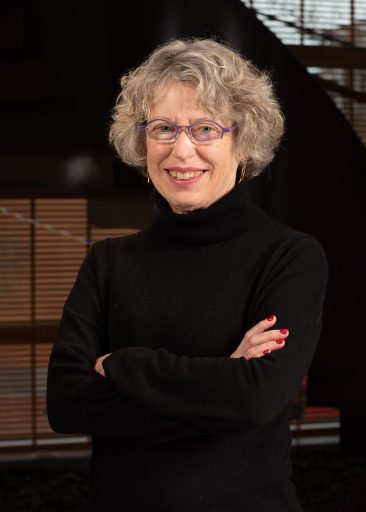[Cancellation]Nagoya University Lecture 2024 -Sunday, 2024/12/22
Nagoya University Lecture 2024
Married Women’s Employment and the Birth Rate in Postindustrial Countries:
Contradictory or Complementary?
The Nagoya University Lecture is open to the general public and is positioned as the most significant academic address hosted by the President at the University. Lecturers selected from among international researchers of the highest caliber are awarded Nagoya University Lectureships.
In FY2024, Mary C. Brinton, former Director of the Edwin O. Reischauer Institute of Japanese Studies at Harvard University, will be visiting Japan.
[Daytime] 2024/12/22(Sun) 13:30 – 16:30 (Opening: 13:00)
[Venue] Toyoda Auditorium, Higashiyama Campus, Nagoya University
[Speaker]Prof. Mary C. Brinton
The office (iarcommon@gmail.com) will send you a reservation confirmation email in early December, and just before.
Please print out your reservation confirmation e-mail or show the screen of your reservation confirmation e-mail on your smartphone or other cell phone to the reception staff when you arrive.
[Email]iarcommon@gmail.com

Prof. Mary C. Brinton
The Edwin O. Reischauer Institute of Japanese Studies (RIJS) at Harvard University
Professor of Sociology Harvard University
Mary C. Brinton is the Reischauer Institute Research Professor of Sociology and former Director of the Reischauer Institute of Japanese Studies (2018 to 2023). Professor Brinton joined the Harvard faculty in 2003, having previously taught at the University of Chicago for 12 years and at Cornell University for 4 years. Professor Brinton’s research and teaching focus on gender inequality, labor markets and employment, social demography, and contemporary Japanese society. Her research combines qualitative and quantitative methods to study institutional change and its effects on individual action, particularly in labor markets. Professor Brinton studied sociolinguistics as an undergraduate at Stanford University, and she earned an M.A. in Japanese Studies and an M.A. and Ph.D. in Sociology at the University of Washington.
In spring 2022, Professor Brinton was conferred the Order of the Rising Sun, Gold Rays with Neck Ribbon by the Japanese government for her pioneering research on contemporary Japan and dedication in promoting the study of Japan.
[Lecture Detail]
One of the most significant changes in developed economies in the past several decades has been the increase in married women’s labor force participation. At the same time, one of the most significant demographic changes has been the decline in birth rates. How are these two phenomena related? The relationship between women’s labor force participation rates and fertility rates was negative in 1980 but became positive thereafter. This change was driven by countries that had social norms and institutions to support dual-earner families and were thus able to maintain relatively high birth rates even though women were working. Japan does not conform to this generalization. An important question is how we can leverage knowledge of other countries to make Japanese women’s employment and childrearing more compatible with each other.
